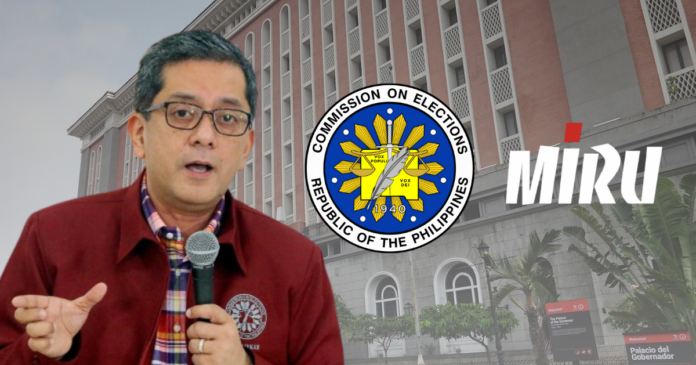In what is shaping up to be one of the most volatile elections in Philippine history, the May 2025 midterm polls are drawing battle lines that stretch beyond local races, and even reaching into the realm of foreign interference, digital threats, and national sovereignty.
Filipinos will vote for 12 senators, all district and party-list representatives, and thousands of local officials. However, a wave of espionage cases and cyber incidents has turned the elections into a broader contest over sovereignty. The Commission on Elections (Comelec) is under scrutiny over its PHP 17.9-billion contract with South Korea’s MIRU Systems, which was awarded despite the company’s involvement in problematic elections in Iraq and the Democratic Republic of Congo.
Delays in ballot printing have pushed both Canon and HP printers—managed by the National Printing Office and supplied by MIRU—to their limits.
Security concerns extend beyond logistics. The Department of Information and Communications Technology (DICT) has reported attempted intrusions into government networks, including systems tied to electoral operations.
While no breaches have been confirmed, the DICT is working with foreign partners to guard against potential manipulation.
These digital threats have been compounded by physical surveillance cases. Since January, authorities have arrested over a dozen Chinese nationals and several Filipinos in Luzon, Palawan, and Zambales for allegedly conducting intelligence-gathering operations near military and Coast Guard facilities. A Rappler investigation revealed a separate group mapping civilian behavior in northern Luzon under the guise of survey work, further escalating fears of foreign surveillance in public spaces.
Investigations have also reached political circles. Former Tarlac mayor Alice Guo, who is currently detained in Indonesia, is under investigation for suspected ties to Chinese intelligence. Other reports point to foreign nationals supplying local politicians with vehicles and cash, deepening concerns over external influence on domestic politics.
In response, Senate Bill No. 2951 proposes harsher penalties for foreign interference. The National Security Council and the NBI have called for reforms to the anti-espionage law, citing gaps in prosecuting intelligence threats.
As campaign season peaks, the 2025 elections are no longer just about governance. Instead, they are now shaping up to be a test of digital resilience, institutional credibility, and national sovereignty under pressure.



